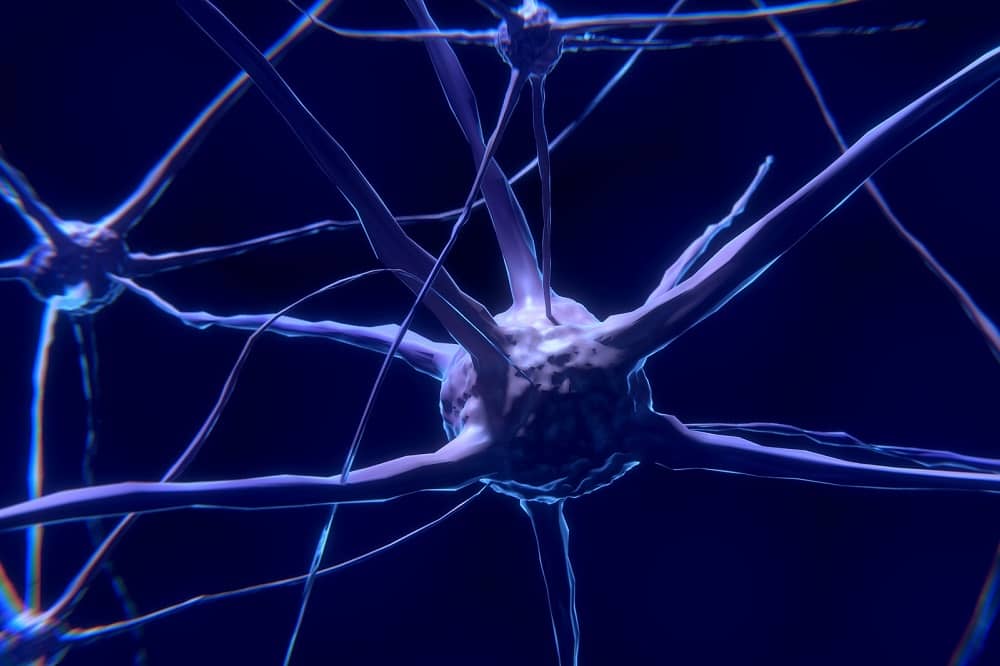Our bodies are complex organisms, and many things can go wrong at any time. While you can solve many physical problems easily, things get trickier when the brain is involved. This complex bundle of nerves is the body’s control center, and solving problems within can be a challenge.
Solving common health problems based in the brain can be easier when you’re informed. Learning how to identify common health issues in the brain and getting regular screenings can make it easier to catch these issues early. Here are some of the most common health issues with the brain that are often solved with treatment.
1. Brain Tumors
Brain tumors are caused by abnormal cell growths in the brain and can cause a host of symptoms depending on where they’re located and which parts of the brain they’re pressing on. They come in two types—primary brain tumors, which originate in the brain and can be benign or malignant, and metastatic tumors, which spread to the brain from cancer in other parts of the body.
Brain tumors can cause symptoms including headaches, seizures, loss of equilibrium, and issues with vision or hearing. They are commonly treated with surgery, radiation therapy, or chemotherapy to remove or shrink the tumor. However, some slow-growing benign brain tumors may be controlled with medication or observed without intervention if they’re not causing serious symptoms.
2. Concussions
This might be the easiest brain ailment to acquire—all it takes is a hard hit to the head. This is common with workplace injuries, contact sports like football, and car accidents and falls. While some concussions happen when someone is knocked unconscious, most leave the person conscious but dazed with similar symptoms.
The most common symptoms are mild and are often ignored by people who shrug them off. They can include headaches and memory, balance, coordination, and focus issues. It’s important to seek evaluation by a doctor if you suspect a concussion, and make sure to avoid sports or other intense activity until cleared by a doctor.
3. Dementia
Dementia is the gradual decrease in memory and mental functioning to the degree that it impacts a person’s everyday life. Most common in the elderly, it causes a significant decline from previous levels of functioning and impacts at least two areas of thinking of mental ability. Because it can be hard to identify and separate from age-related slow mental decline, it’s usually identified through a multi-step process conducted by doctors.
A common cause of dementia is Alzheimer’s disease, which is a degenerative disease, but more than eighty different disorders can cause dementia, and many can be stopped or alleviated. Vascular dementia is when issues with blood flow to the brain cause mental deficits, which is very common after a stroke.
4. Stroke
This is one of the most significant traumatic brain disorders, and the difference between spotting signs of a stroke early or later can be life-changing. A stroke is caused by damage to the brain when blood flow is interrupted or irregular. If not treated quickly, parts of the brain can die and cause death or serious lifelong disability.
The most common cause of strokes is the interruption of blood flow, also called an ischemic stroke. This often happens due to blood clots. Hemorrhagic strokes are caused when an artery in the brain is damaged and causes excess blood flow in the brain. Transient ischemic attacks are often called mini-strokes because they temporarily block blood flow to the brain for no more than five minutes, but they can be a warning of a more severe stroke and still require medical attention.
5. Depression
Depression may be among the most challenging brain disorders to diagnose because there are no physical symptoms. It’s mostly characterized by an intense feeling of sadness and an inability to enjoy the things that make you happy. It’s common after traumatic events, but many people struggle with depression that’s caused by chemical imbalances, not any outside factors.
While some medications can help bring your brain chemistry back under control and alleviate the signs of depression, it’s also advised to speak to a counselor about these symptoms. They may be able to identify any root causes that can be helped alongside medication to bring about a more thorough and long-term relief of depression symptoms.
Be Your Brain’s Guardian
The symptoms of these brain disorders aren’t always obvious. Knowing the warning signs will make it easier to identify them and get help when they’re treatable. Protecting your brain is the best way to protect yourself.

